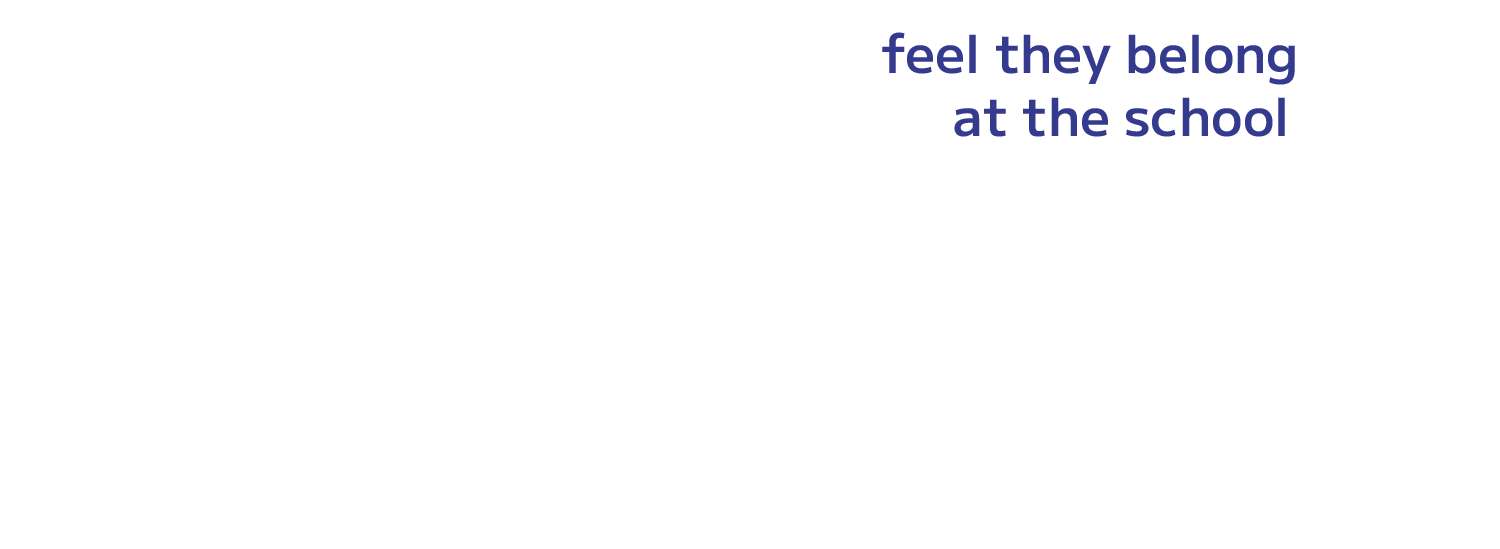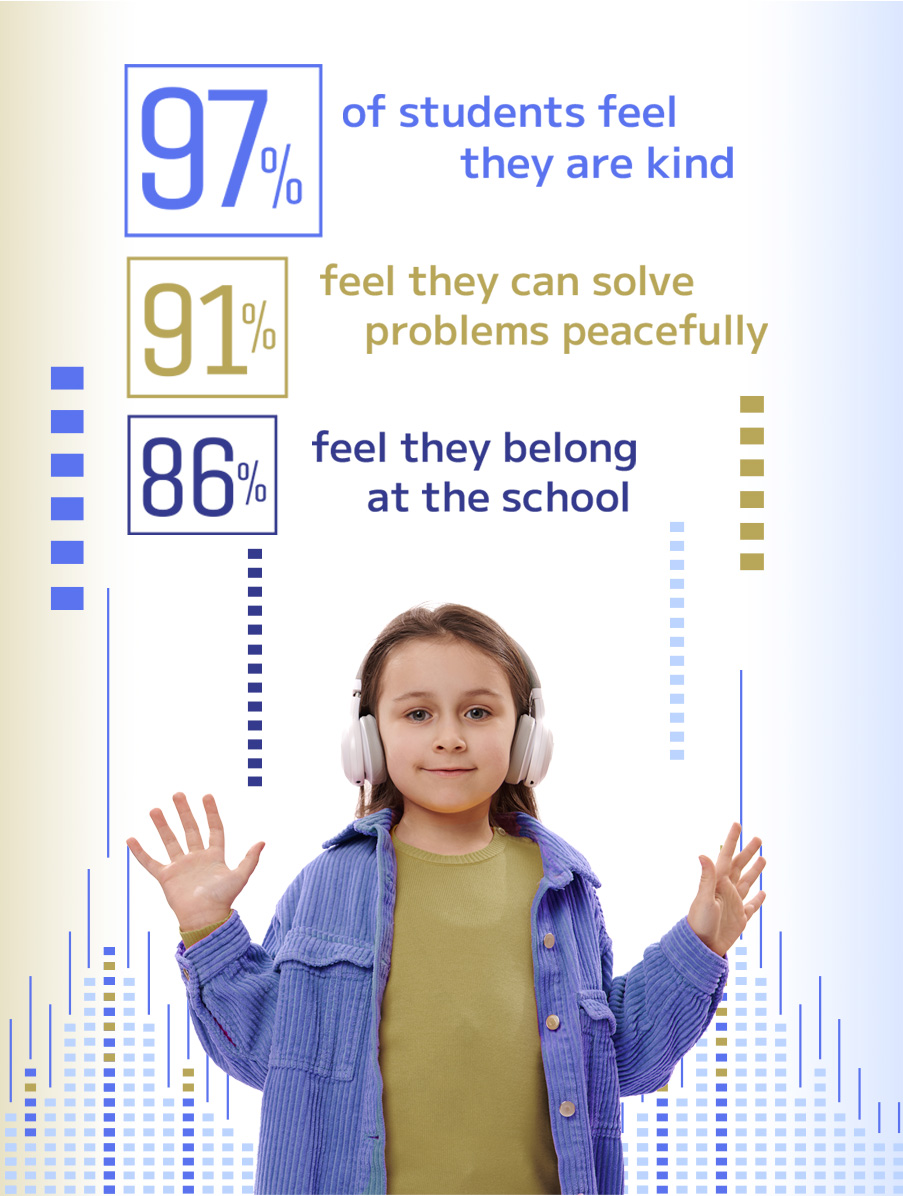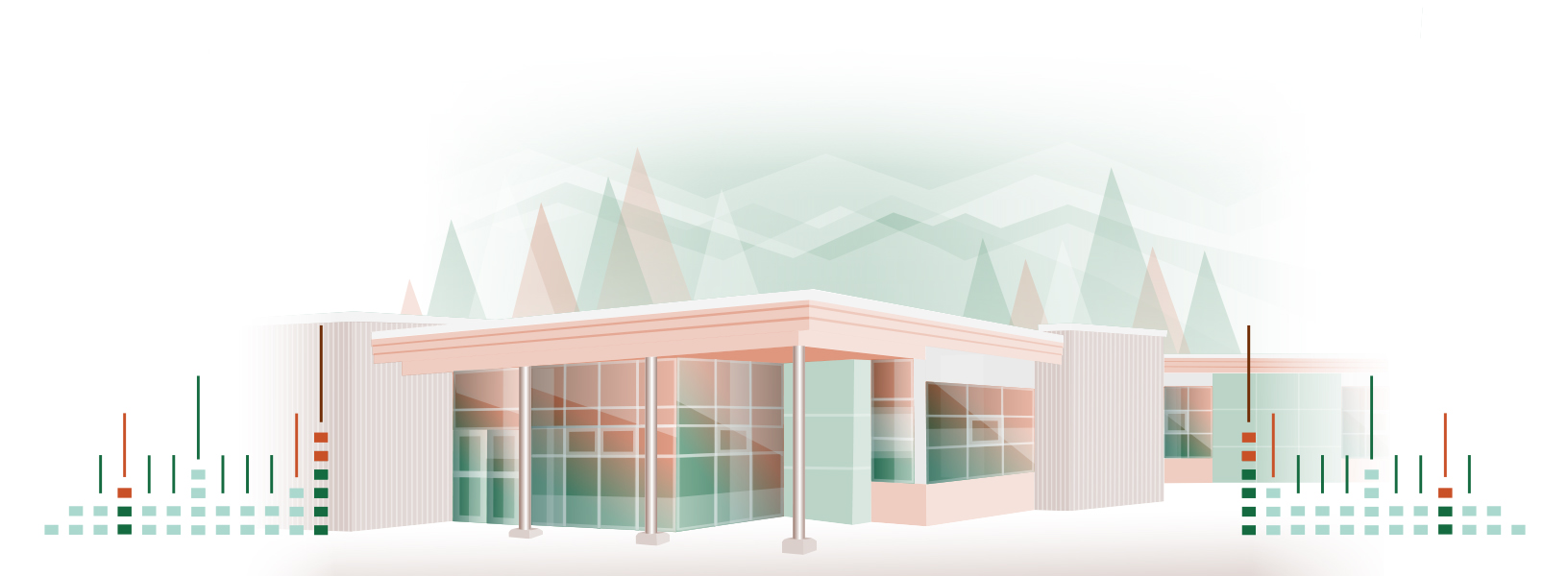School Goal One
To foster a culturally responsive school community that focuses on respect for one another and place.
How can we support our students in their ongoing development of critical and creative thinking skills through a First Peoples’ Principles of Learning lens?
We believe that strong thinking skills are important to addressing complex 21st century issues, such as Truth and Reconciliation. Explicit instruction of thinking skills, over time, supports students in being reflective, challenging assumptions and celebrating diversity and multiple perspectives. Students who are critical thinkers are able to move beyond simply knowing information to becoming active, engaged and socially responsible citizens.
This goal and driving inquiry aligns to both our Global Citizenship and Indigenous Learner Success district strategic goals. Additionally, our intended approaches are deeply connected to First Peoples Principles of Learning.
First Peoples Principles of Learning

The Global Citizenship Goal needs to ensure that:
- Learning ultimately supports the well-being of the self, the family, the community, the land, the spirits, and the ancestors.
- Learning recognizes the role of Indigenous knowledge.
- Learning requires exploration of one’s identity.
Over the course of the year, the following will be our direct areas of focus:
- School-wide explicit instruction with regard to taking care of one another and (this) place (school announcements, assemblies, class, and clubs;
- Project-Based Learning;
- STEM afternoons: and after school STEM clubs and coding activities which require students to think critically to develop ideas, and persevere when plans or designs fail;
- Assessment Practices - ensure a balance of formative and summative assessment practices. Consistent formative assessment encourages continual feedback practices to support ongoing revisions of student work at each step of the learning. Evidence of learning is shown in a variety of ways and reflects student diversity; and
- Numeracy – provide students with more open-ended problems and learning tasks that requiremultiple solutions, strategies and entry/access points to develop conceptual understanding in numeracy. Foster metacognition by supporting students in justifying their answers and making predictions.
Over the 2025-2026 year, we will track progress on our initiatives identified in this year’s plan. More specifically:
- Student Satisfaction Surveys - Determine those questions related to creative and critical thinking and use as data.
- Results from the student survey indicate that 81% responded that they keep trying when they have trouble doing something. 81% also respond that they know the type of person that they want to be when they grow up.
Summary learning, based on evidence gathered over the year, will provide us with key learnings to guide next steps for the 2025-26 school year and beyond.
While it can be challenging to quantify and assess progress in the area of improved critical thinking skills, we are able to hear from our students and staff, the improving skills that they notice throughout various activities meant to bolster thinking critically.
- Staff note that initiatives such as Passion Projects (where students share about a subject they are passionate about), and Heritage Projects (students research and share about their family’s history/heritage) are excellent for building understanding of differences and connection within a school community.
- Within the area of Global Citizenship, there are currently other areas of focus that are of more explicit emphasis, and day to day priority within our school community. Discussion as a staff is underway with regard to shifting to a goal in the area of supporting the well being of one’s self, “this place,” and others, which is a daily focus.
- Monthly, school wide assemblies have themes and explicit focus/instruction with regard to taking care of areas of the school, one another, and our world (place).
- Discussion at staff meetings about how to support, recognize, and nurture the habits and virtues associated with taking care of one another and “place.”
- Design a survey for parents and collect results from parents.
- Student Interviews - Conducted at 3 points in the year with a small selection of students at each grade level. Interviews will be designed to provide insight as to students’ capacity to identify ways they can take care of one another and “place,” and our school community members’ ability to do so.








